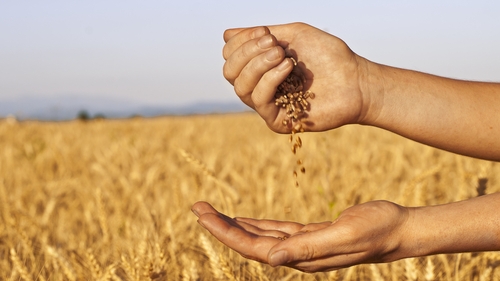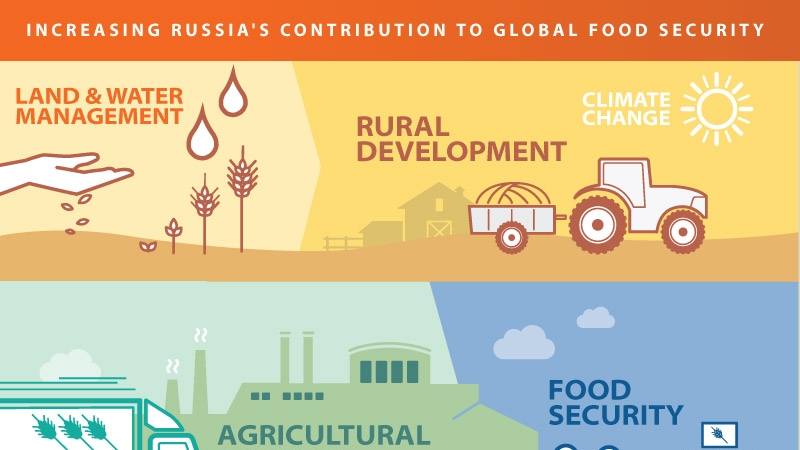At the request of the Russian Government, the World Bank is providing technical assistance – through its Reimbursable Advisory Services – to help enhance the institutional capacity of the Eurasian Center for Food Security. This support includes helping the Center to articulate its vision, strategic development and overall mission – building primarily upon the needs of its four focus countries: Armenia, Kyrgyz Republic, Tajikistan and Uzbekistan.
In addition, the World Bank is helping the Center to target partnerships and communities – through the development of a “knowledge center”, enhancement of research capabilities, support for collaborative research and educational programs, facilitation of international and regional workshops and conferences, and the establishment and expansion of food security networks of academics, technical experts and policy makers.
To date, the Center has successfully initiated and implemented a wide range of programs and activities, including:
- Five research workshops and multiple on-the-job training sessions, in cooperation with the Food and Agriculture Organization, the International Food Policy Research Institute, and other partners.
- A Food Security Network Conference and Eurasian Soil Partnership Meeting in 2013, during which the Food Security Network and Eurasian hub of the Global Soil Partnership were established.
- Four e-Consultations during 2013-14 on 1) Major Challenges and G8/G20 Initiatives, 2) Developing a Eurasian Soil Partnership for Food Security and Sustainable Development, 3) Combating Soil Salinization in Eurasia, and 4) Economics of Land Degradation.
- A Collaborative Research Program in 2014, aimed at fostering collaboration between the Center, Russia and international institutions on priority food security issues for the Eurasia region.
- A Research Dissemination Workshop on the Economic Aspects of Food Security in Moscow in 2015.
- An Online Course Design Workshop in 2014 to support the design and development of short-term food security courses.
The Eurasian Center for Food Security partners with other organizations such as the Global Soil Partnership, the Eurasian Sub-Regional Soil Partnership, the International Panel on Soils, the Food and Agriculture Organization, the Consultative Group for International Agricultural Research Centers, International Food Policy Research Institute, and the International Center for Agricultural Research in the Dry Areas.
Going forward, the Center will continue to focus on the development of learning programs, expansion of the food security network, organization of international workshops on food security and agriculture, and staff training – all with a view to ensuring that knowledge and expertise can contribute in a real way to ensuring greater food security for the citizens of Eurasia and other parts of the world.


